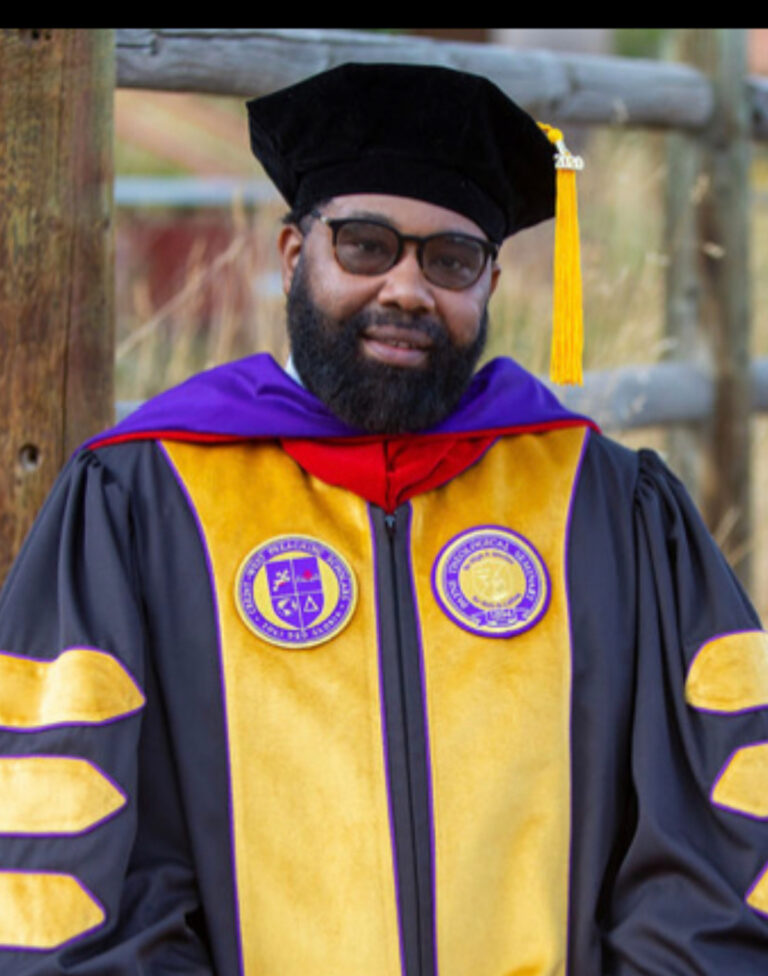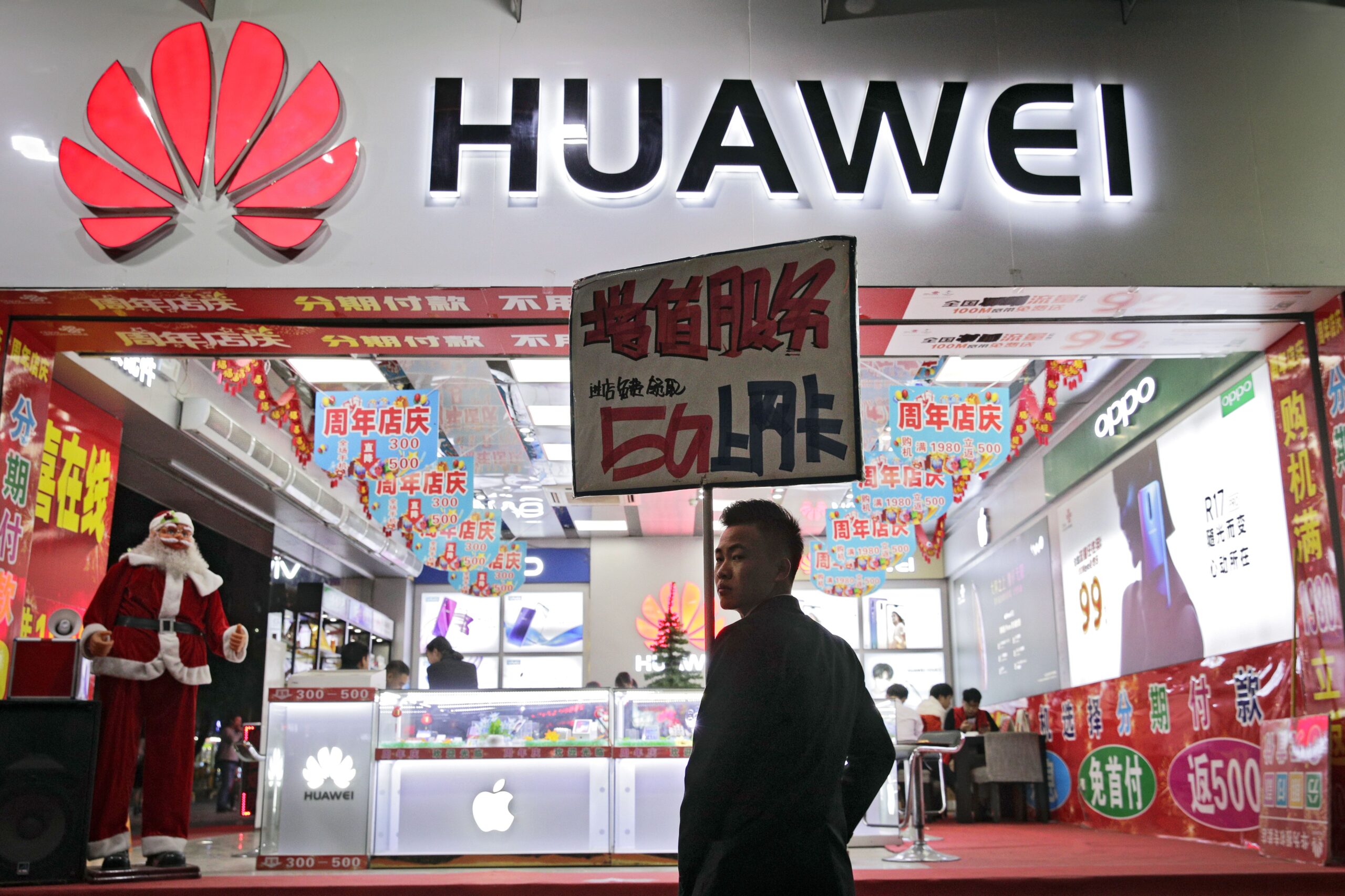Colorado’s consequential role in the Unites States-China tech race | OPINION

By Tony Henderson
From farmers and entrepreneurs to ranchers and tech hubs, Colorado’s economy is one of the most diverse in the nation. It’s a place where hard work and ingenuity can thrive. But that doesn’t mean there aren’t challenges and threats.
One of the biggest is China’s economic and political influence sneaking into our state, from farmland and water rights to telecom infrastructure and crypto money laundering.
Most Coloradans might be surprised to learn just how much foreign — and potentially adversarial — investment has penetrated our state.
Consider farmland. Colorado now ranks third in the nation for foreign‐held agricultural land — more than 2.5 million acres. That includes a jump of more than half-a-million acres in just a single year.
Those purchases aren’t always benign. They often come with water rights, mineral access, and ownership clout that could give foreign actors long-term leverage in a state where land and water are as strategic as any factory. In 2023, legislation was introduced to ban ownership of agricultural and mineral land by entities tied to the Chinese Communist Party (and other hostile governments).
Meanwhile, China’s influence shows up in other sectors.
Chinese-linked organized crime networks have pumped money into Colorado’s marijuana industry. And the crypto-tracing firm Elliptic recently linked $8.4 billion in scam transactions to a Chinese language, Telegram-based marketplace, Xinbi Guarantee, which lists itself in Colorado. This illustrates how foreign actors can use our state as a base, or as a pass-through, for activities that undermine the rule of law.
Even our communications infrastructure isn’t immune.
Back when President Barack Obama was president, the FBI flagged a troubling pattern along stretches of Colorado’s Interstate 25 where Chinese-made routers were installed near sensitive defense installations.
Thankfully, the Colorado congressional delegation is taking this threat seriously.

For example, as a member of the Select Committee on Intelligence, U.S. Sen. Michael Bennet has worked with members of both parties to address the growing influence of China regionally and globally. He introduced legislation to support the development of 5G technology as an alternative to Chinese equipment manufacturers and played an instrumental role in authoring and securing passage of the CHIPS and Science Act, where he secured a $77 million award to expand micro-chip manufacturing in Colorado Springs — adding nearly 900 manufacturing jobs. This helped develop Colorado Springs as a major national-security and tech hub.
But not every policy debate has aligned with the Colorado delegation’s national security focus. For example, there has been a charge of opposition to the proposed telecommunications merger between Hewlett Packard Enterprise, (HPE) — an important company that has offices in and brings jobs to Colorado — and Juniper Networks. Yet national security analysts and officials currently serving in the U.S. intelligence community have emphasized combining the two firms would give the United States a stronger alternative to Huawei, the Chinese government-controlled telecommunications company dominating the global telecom industry that could dictate the world’s AI and 5G terms if left unchecked.
Political leaders can’t afford to take their eye off that bigger picture. Beijing is investing tens of billions to dominate semiconductors, quantum computing and telecommunications infrastructure. Whether we’re talking about farmland, energy, or advanced tech, the choices made will shape not just our local economy but America’s ability to stay competitive and secure.
Protecting Colorado’s future means keeping our eyes open, our policies aligned with national interests, and our economy strong enough to resist foreign manipulation. That starts with taking China’s ambitions seriously — and making sure our state stands on the right side of that race.
Tony Henderson is a teacher, minister and the president of the Denver Chapter of the NAACP.












